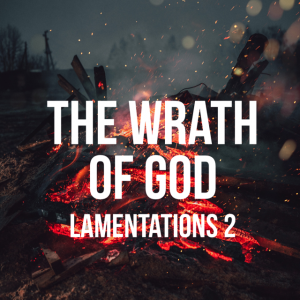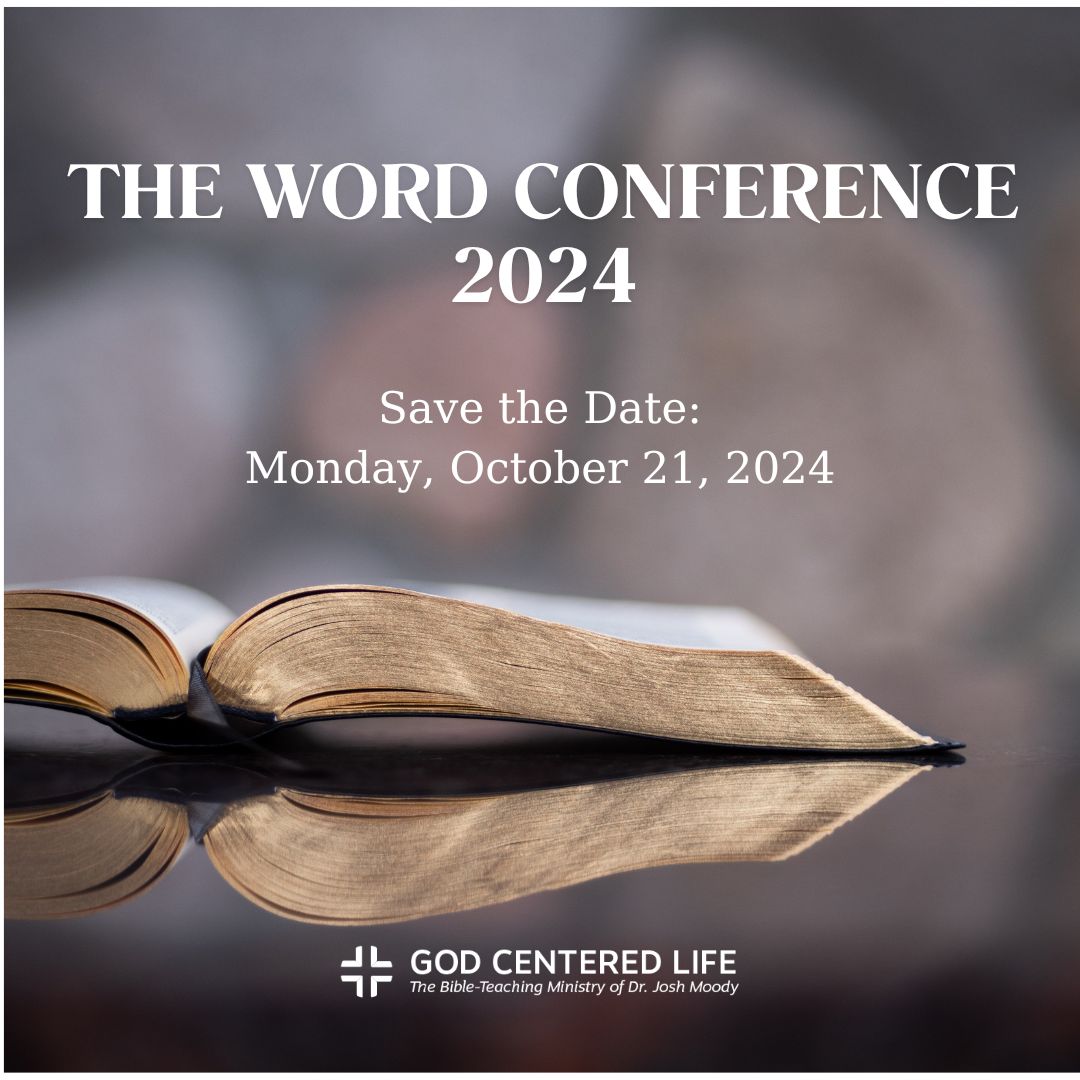Lamentations 2: The Wrath of God
October 23, 2020
TODAY'S BIBLE READING:
Lamentations 2, Song of Solomon 7, John 7:1-13, 1 Peter 4:12-19

The anger of God is not a common subject these days. In fact, so rare is it that when we talk of God’s “wrath” it becomes almost embarrassing. It is like mentioning a subject that is impolite, indelicate, or inappropriate—certainly not politically correct. The result is that when we read preachers from previous generations, a couple of hundred years or so ago, we are so shocked to discover their frequent mention of God’s wrath that we hardly know what to do about it. They preach “Jeremiads,” warnings of God’s coming judgment; they engage in “theological terrorism.” When a contemporary preacher preaches God’s wrath, he is viewed as being manipulative, using “scare tactics.”
Well, not so the Bible. The Bible is very clear about the reality of God’s wrath, and this chapter has that wrath of God as a prominent theme. Verse 1, “the Lord in his anger,” and again, “the day of his anger.” His “fierce anger,” verse 3. His “fury like fire,” verse 4. His “fierce indignation,” verse 6. And then at the end—after a middle section that explores the results of God’s anger on the city of Jerusalem—“the day of the anger of the Lord,” verse 22.
What does a city look like which is under God’s wrath? Lamentations chapter 2 explores some of the indications for us—this city that has been sacked.
First, there is a lack of authentic, faithful, God-anointed, biblical preaching. “The law is no more, and her prophets find no vision from the Lord” (2:9). Where you see churches avoiding using the Bible in worship—let alone giving themselves to study it like the noble Bereans (Acts 17:10-11)—you can be sure that God’s judgment is there, or his wrath is coming.
Second, the leaders have given up leading. “The elders…sit on the ground in silence” (2:10). Where you see churches whose leaders are not doing or saying anything, but are sitting around doing very little, there is a sign of God’s wrath.
Third, the young women—those who above all are naturally likely to be filled with life and vitality and joy—are mourning. “The young women of Jerusalem have bowed their heads to the ground” (2:10). Where you see churches or societies which are preying on young women sexually, leaving young women disgraced, there you see God’s wrath.
Fourth, the few remaining true leaders are devastated. “My eyes are spent with weeping; my stomach churns; my bile is poured out to the ground” (2:11). Where you see God’s true leaders and shepherds broken emotionally to the extent that it is having a physical impact on their health—their bile, their stomach, their tear ducts spent from weeping—there is God’s wrath.
Fifth, infants and babies suffer. Their “life is poured out on their mother’s bosom” (2:12). It gets worse: “Should women eat the fruit of their womb, the children of their tender care” (2:20). Where you see infants, babies, being abused, hurt, killed for the sake of adults’ freedom or ease, there you see God’s wrath.
Sixth, false prophets and false teachers abound. “Your prophets have seen for you false and deceptive visions” (2:14). Where you see false teachers being honored and given a platform and being applauded, there you see God’s wrath.
Seventh, the enemies of God rejoice and sneer. “All who pass along the way clap their hands at you” (2:15). Where you see the enemies of the gospel thriving and jeering at God’s kingdom and his church, there you see the wrath of God. All this does not catch God by surprise; in fact, it is exactly what his word predicts. “He has carried out his word, which he commanded long ago” (2:17).
When I review those seven indicators of God’s wrath, I am forced to ask myself how many of those indicators are apparent in the modern Western church and society. 1) Little commitment to biblical exposition; 2) Passive or inadequate leadership; 3) Human trafficking; 4) Faithful leaders marginalized and mourning; 5) Rampant abortion and child abuse; 6) False teachers doing well; 7) The gospel being sneered at. It looks bad.
We are not yet where Lamentations was for sure. For at the same time we have: 1) Many who are committed to preaching the Bible; 2) Devoted servant leaders; 3) Campaigns to remove the plague of human trafficking; 4) Faithful leaders leading faithfully; 5) Campaigns against abortion and child abuse; 6) False teachers being called out as false teachers; 7) The gospel flourishing and growing.
All is not doom and gloom. But we should take the fear of God’s wrath seriously in our day—and do everything we can to advance inspired, faithful, biblical preaching and sacrificial, passionate, biblical living.
ABOUT THE AUTHOR
Josh Moody (Ph.D., University of Cambridge) is the senior pastor of College Church in Wheaton, IL., president and founder of God Centered Life Ministries, and author of several books including How the Bible Can Change Your Life and John 1-12 For You.
WANT MORE?
To receive God Centered Life devotionals directly in your inbox, as well as other resources, enter your email address in the form at the bottom of this page and click "subscribe."


